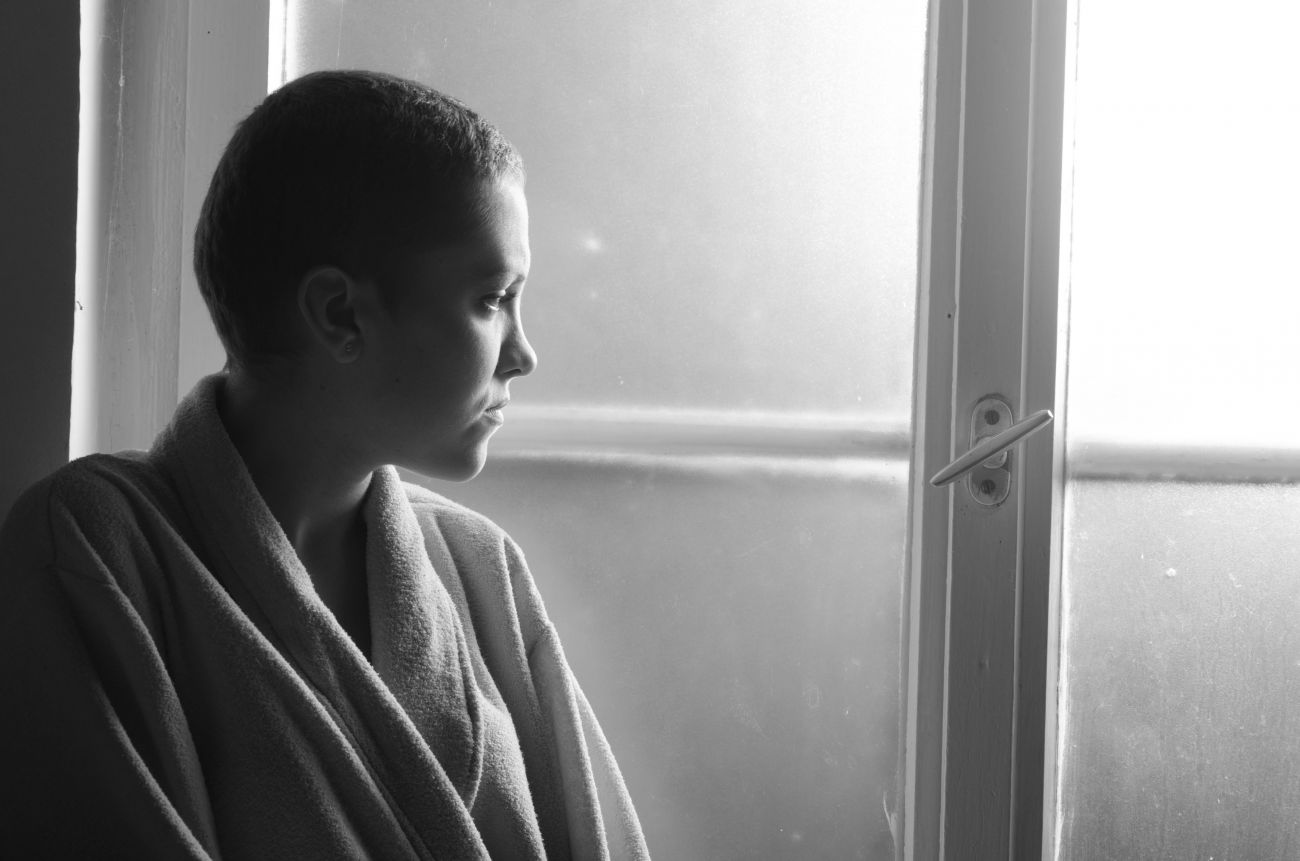Coping with a cancer diagnosis and the treatment that follows can turn the world upside down.
Some cancer patients may feel overwhelmed by the situation and not know how to talk about their feelings with those who are closest to them. This can lead family members and close friends to feel rejected or unwanted, especially when they want to be there during their loved one’s time of need.
To figure out how you can best help someone on their cancer journey, it's important to understand why they might seem to be distant or pushing loved ones away.
The patient may feel like a burden to friends/family.
Many patients feel guilty about the impact their illness is having on their loved ones, and they may try to reduce that impact by distancing themselves and downplaying their needs. At the same time, a patient who tends to focus more on helping others may find it very hard to be the one receiving help.
Patients may not want to talk about their illness or answer questions.
The idea that they may be asked to talk about a very private, upsetting situation leaves many patients trying to avoid interacting with others. The patient may not know how to talk about how they’re feeling. In addition, patients who are more comfortable helping others may not have had much experience talking about themselves, especially on an emotional level.
Patients may pull away for fear of upsetting others.
Some patients find that when they talk about their illness, they end up having to comfort the person they’re talking to. To avoid this uncomfortable situation, they may avoid the conversation altogether.
After treatment, patients may feel they should be doing better than they are, so they try to protect others from how they’re really feeling.
In some cases, once treatment has ended, friends and family assume that life should instantly return to normal, so they end the support they once offered. Patients may feel reluctant to tell loved ones that they still need help.
What if you're the patient's primary caregiver and it seems as if they don’t want you around?
Try not to take it personally. Keep in mind that the patient is likely frustrated by how they are feeling, or scared about their diagnosis and treatment. While they may be taking these emotions out on those closest to them, they probably aren’t upset with you personally. Try to talk with the patient about roles and expectations. When someone becomes ill, their usual role in the family is likely to change during treatment. Discuss how to handle those role changes, both when they begin treatment and when treatment comes to an end.
At times patients may pull away because they feel overwhelmed by the care they receive. For example, even when caregivers have the best of intentions when they encourage patients to eat properly, the patient may feel pressured and sense a loss of independence. If you're a caregiver, be sure you're respectful of the emotions and boundaries of your loved ones. Try to understand what the patient’s wishes are. Rather than assuming what they may need or expect from you, have an honest conversation about what they would like. Their needs may change from day to day. You may want to say, "How can I be helpful today?"(The patient may just need you to stop hovering.)
Help for caregivers and patients
Roswell Park's Psychology Department provides help coping with the psychological and emotional impact of cancer.
Learn moreHow can a friend help even if the patient isn’t asking for it?
Continue to check in on your friend even after they first begin treatment. Even if they say they don’t need help, ongoing contact shows your friend that you're always there to lend a hand. Don’t wait for the patient to ask for help; volunteer to do things, such as watching the children, making a meal or stopping by to chat over a cup of coffee. Patients may not want to ask for someone to just sit with them, but often it is appreciated.
Most important, just continue being a friend. Keep inviting the patient to events. Even if they don’t feel up to it, they will appreciate being included. And when you get together, talk to them about things other than cancer. Many patients feel their life revolves around cancer, or that friends and colleagues begin to think of them only in terms of their illness, and they miss talking about other topics.
Finally, keep these things in mind:
- Respect the patient’s need for privacy, especially if you see the person in public. (Remember, they might not want others to know about their diagnosis.) Keep cancer-related questions to a minimum.
- Avoid commenting on the patient’s appearance. How a patient looks often doesn’t match how they’re feeling.
- Don’t share personal cancer stories. ("I know exactly how you feel.”) Everyone’s cancer experience is different, and comparing theirs to your own is not helpful.
- Don’t suggest alternative treatments. Unless a patient asks for this type of advice, it is often unwanted.
Roswell Park’s Psychology Department helps both patients and caregivers cope with the psychological and emotional impact of cancer. Ask your Roswell Park team for a referral or find contact information for the Psychology Department here.


